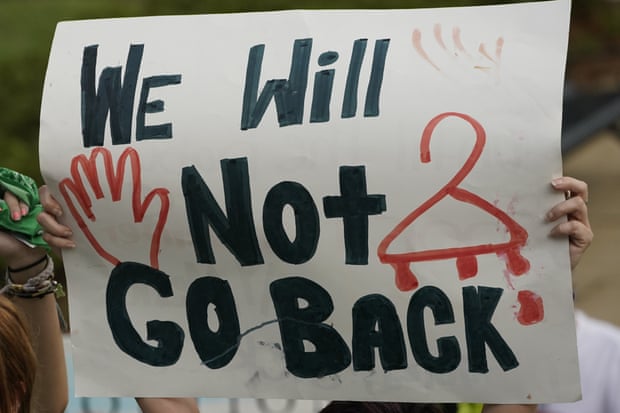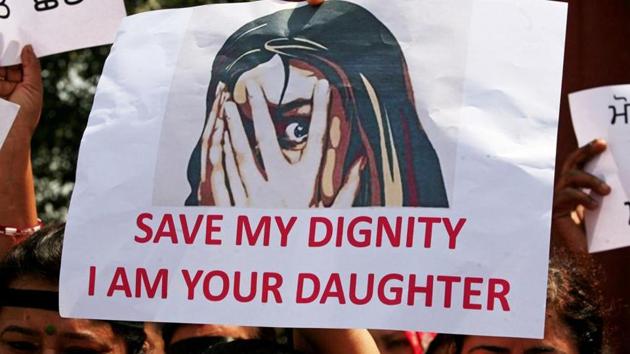The Dark Reality of Parole Abuse
In a disturbing turn of events, a rape convict, out on parole, has been accused of raping his 11-year-old daughter and 12-year-old niece in Chhattisgarh. This heinous crime has sent shockwaves across the nation, highlighting the glaring loopholes in the parole system and the need for stricter monitoring of convicts released on parole.
Parole Abuse: A Recipe for Disaster
The accused, a 35-year-old man, was convicted of rape in 2018 and sentenced to 10 years in prison. However, he was released on parole in 2022, after serving only four years of his sentence. The parole was granted on the grounds of good behavior, despite the severity of his crime. Little did the authorities know that this decision would prove to be a catastrophic mistake.

Parole Abuse: The Horrific Consequences
On the night of , the convict, who had been living with his family in a remote village in Chhattisgarh, allegedly raped his 11-year-old daughter and 12-year-old niece. The victims, who were left traumatized by the ordeal, reported the incident to their family members, who immediately informed the police. The accused was arrested and charged with rape, sexual assault, and other relevant sections of the Indian Penal Code.
Systemic Failure: A Closer Look
This case raises serious questions about the efficacy of the parole system in India. How could a convicted rapist, with a history of violent behavior, be released on parole without proper monitoring? The incident highlights the need for a more robust system to assess the risk of reoffending and ensure that convicts are not released prematurely.
The Trauma of Victims
The victims, in this case, are not just the two young girls but also their families, who have been left shattered by the incident. The trauma and emotional distress caused by such heinous crimes can have long-lasting effects on the victims, making it essential to provide them with adequate support and counseling.

A Call to Action
This incident serves as a wake-up call for the authorities to re-examine the parole system and ensure that convicts are not released without proper evaluation and monitoring. It is crucial to prioritize the safety and well-being of society, particularly vulnerable individuals like children and women, who are often the targets of such heinous crimes.
Conclusion
The case of the rape convict, out on parole, raping his 11-year-old daughter and 12-year-old niece in Chhattisgarh, is a stark reminder of the need for a more effective parole system. It is imperative that the authorities take immediate action to address the loopholes in the system and ensure that convicts are not released prematurely, putting innocent lives at risk. The victims and their families deserve justice, and it is our collective responsibility to ensure that such heinous crimes are prevented in the future.

